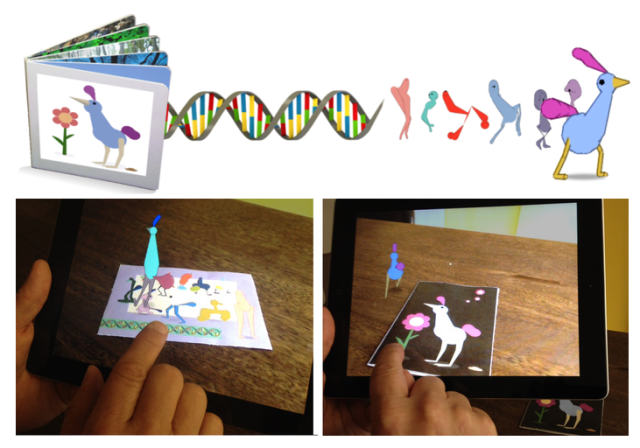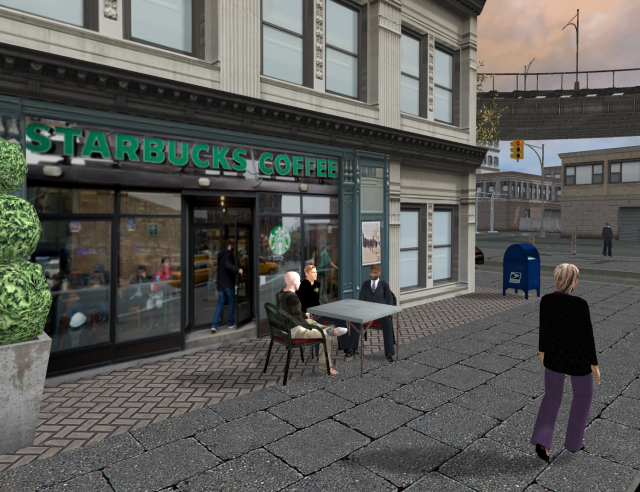The 1st International Conference on e-Learning, e-Education and Online Training is being held September 18-20 in Bethesda, Maryland. This conference will assess a wide range of progressive ideas for the future of e-Learning, focusing on the idea of technology as a means to education rather than an end in itself. The conference organizers have lined up a wonderful range of interdisciplinary speakers and are planning to attract a wide group of heterogeneous scholars and practitioners.
I'll be attending the entire conference, and I'm honored to be giving the opening keynote presentation. Here's what I'll be talking about:
“Augmented Mind: The Evolution of Learning Tools
from Language to Immersive Reality”
from Language to Immersive Reality”
Innovative educators are constantly facing the challenge of matching pedagogical goals with complementary technological tools. Unfortunately, given the wide range of technologies and devices that vie for consumer attention, the right choices are not always clear and are typically obscured by media hype. In this presentation, John Lester will describe how focusing on the way the human mind interacts with the world and other human beings can help identify the right tools for the right jobs. From a mind-augmentation perspective combining constructivist and behaviorist approaches, John will explore web based tools ideal for knowledge management, augmented reality based self-animated autonomous agents, and finally the unique (and sometimes over-hyped) affordances of perceptually immersive multiuser 3d virtual worlds for collaborative learning.
My goal will be to tell an interesting story with examples and demos of technologies that I think really leverage how our minds naturally embrace the world around us. One such technology that I'm currently exploring and that you've probably never heard of are Wiglets.

- Visit Wiggle Planet to learn a lot more about Wiglets.
Wiglets are autonomous, evolving, self-animated and self-motivated agents that can exist in both completely virtual and augmented reality environments. They exist at a wildly creative intersection of artificial life, art and gaming. And perhaps best of all, you can interact with them directly through touch and gestures.
Another topic of discussion will be the affordances of multiuser 3d virtual worlds, especially how one can reduce the barrier to entry for people interested in leveraging them for educational purposes. ReactionGrid has recently developed some new tools that integrate with the Unity3d-based Jibe platform to provide on-the-fly content editing in a simple yet powerful way. I'll be giving a sneak preview during my presentation.
I'll also be discussing and giving examples of innovative uses of commonly used virtual world technologies such as Second Life, Opensimulator and the Oculus Rift. If you plan on attending and would like to connect with me at the conference, please drop me a line on Twitter or email. And if you're looking to interact with the organizers and other attendees and speakers, be sure to check out the e-LEOT LinkedIn Conference Group.
After my keynote I'll be updating this blog post to include my slides and links to any recordings.






